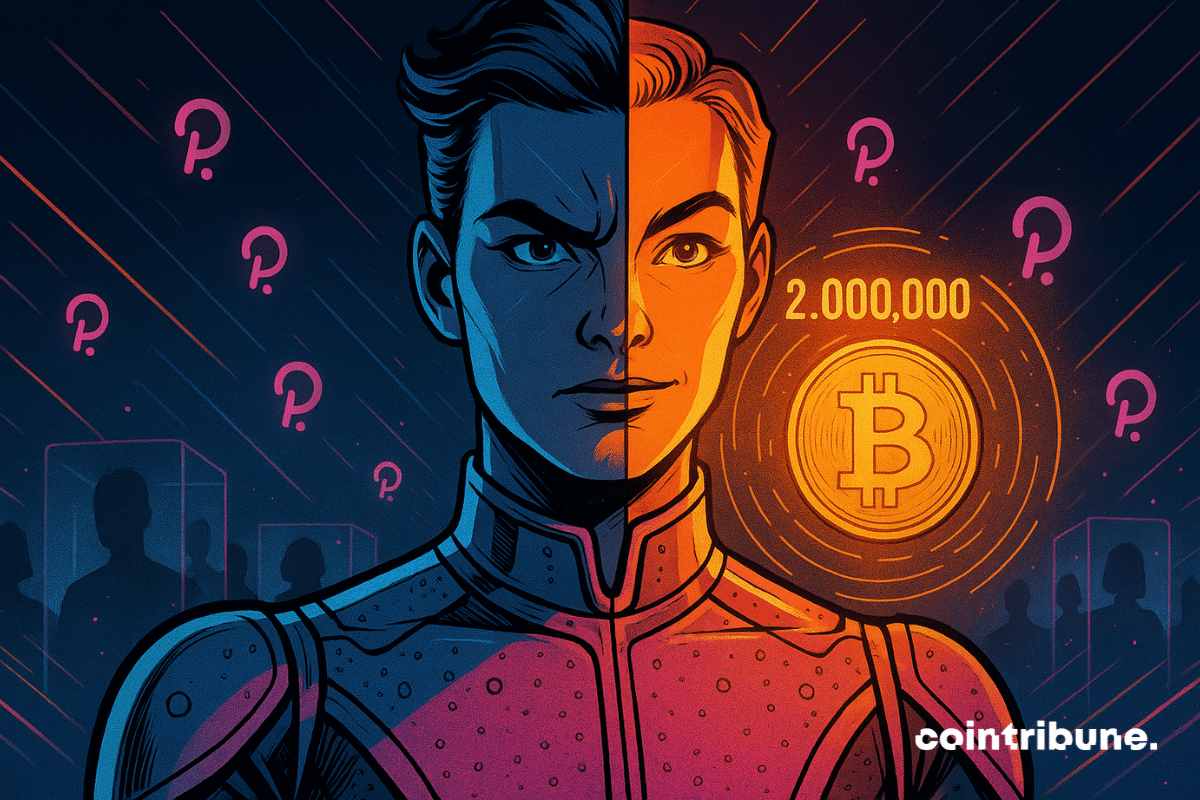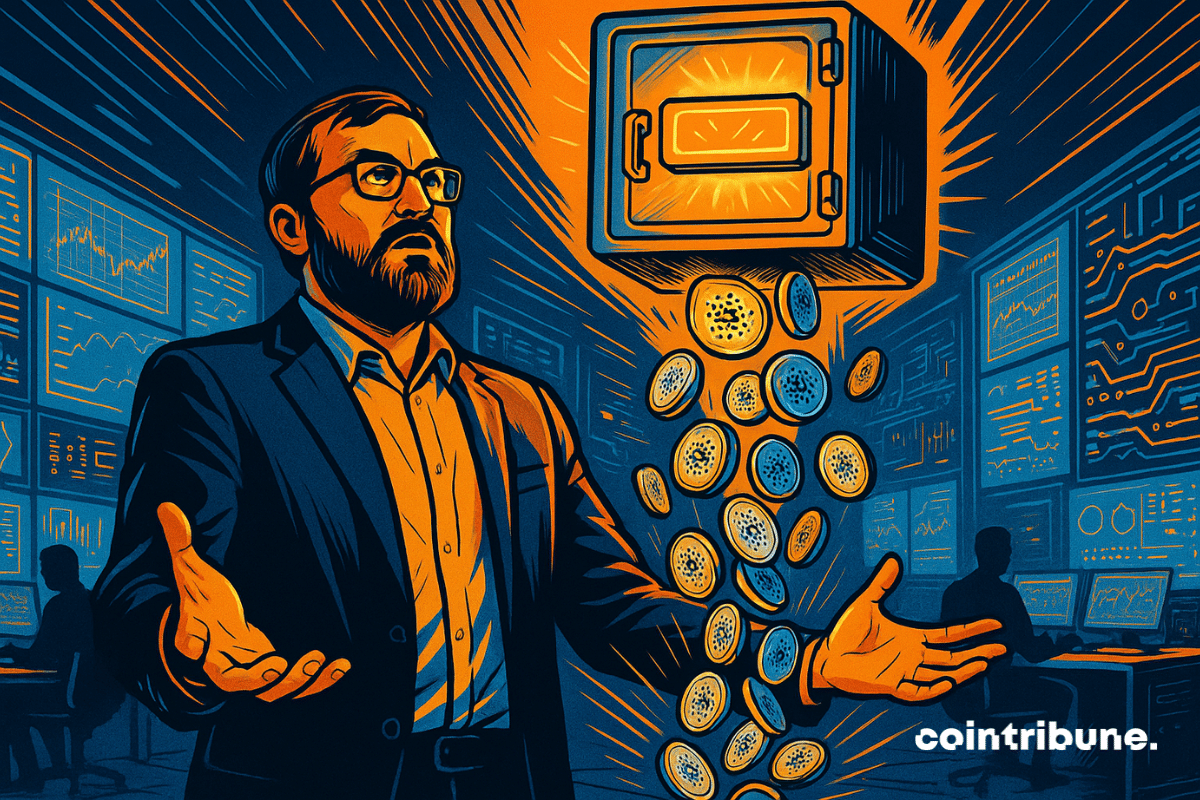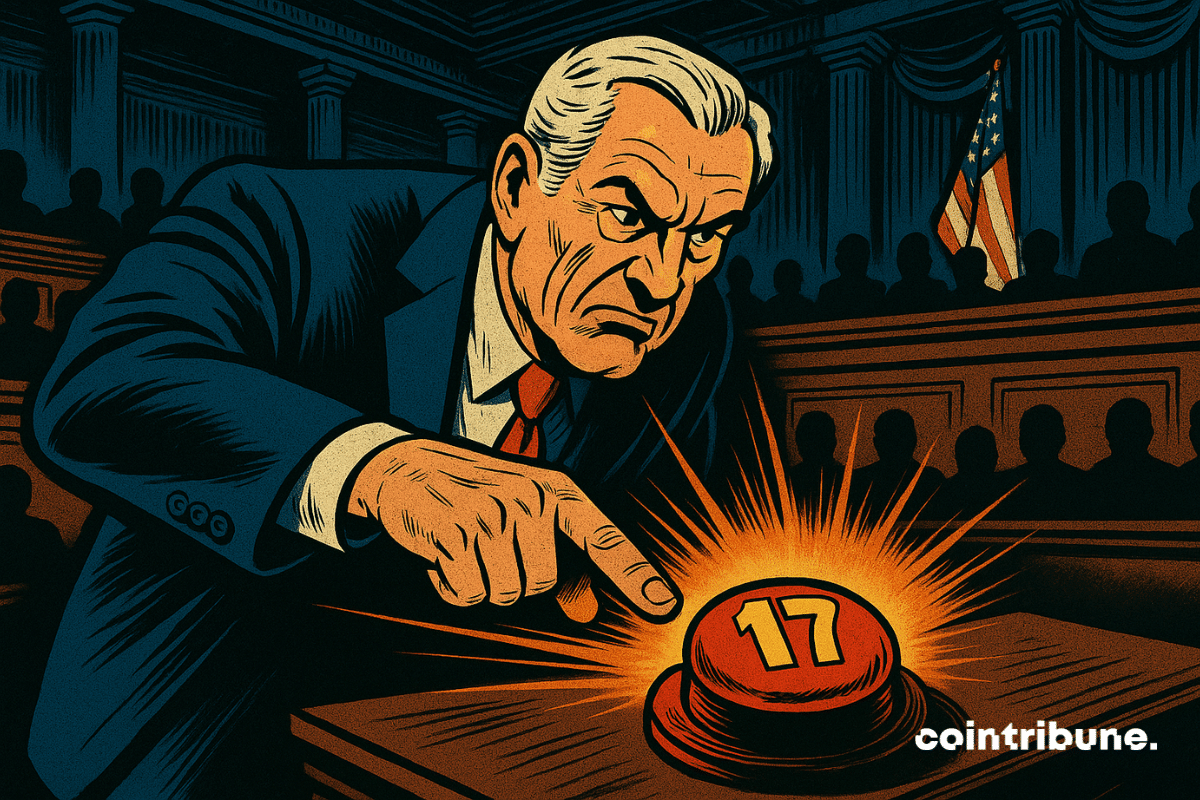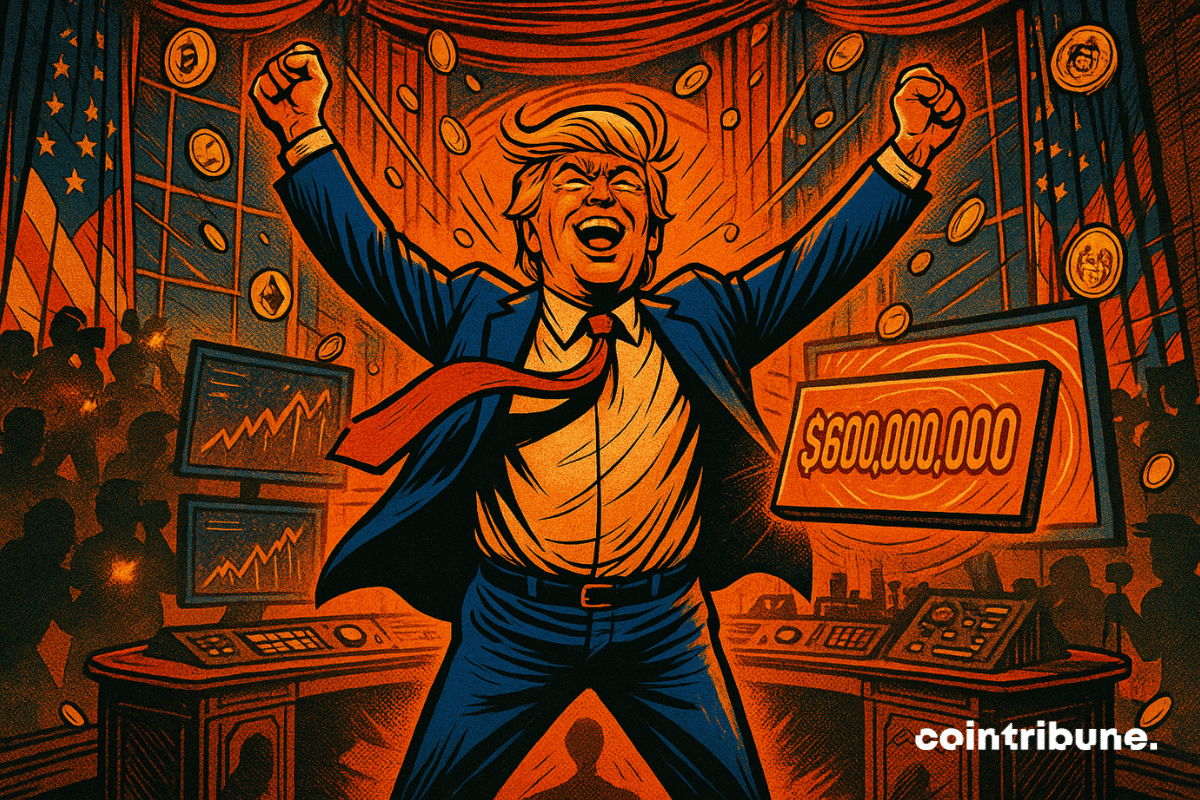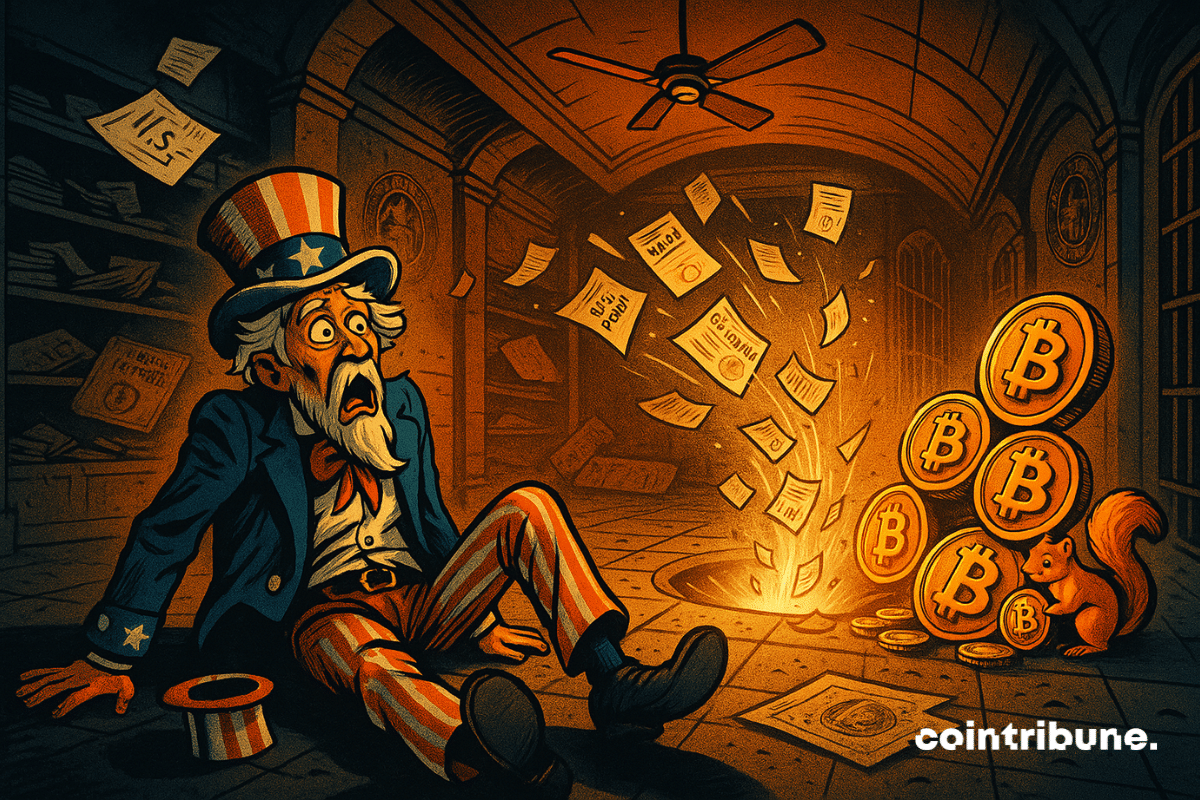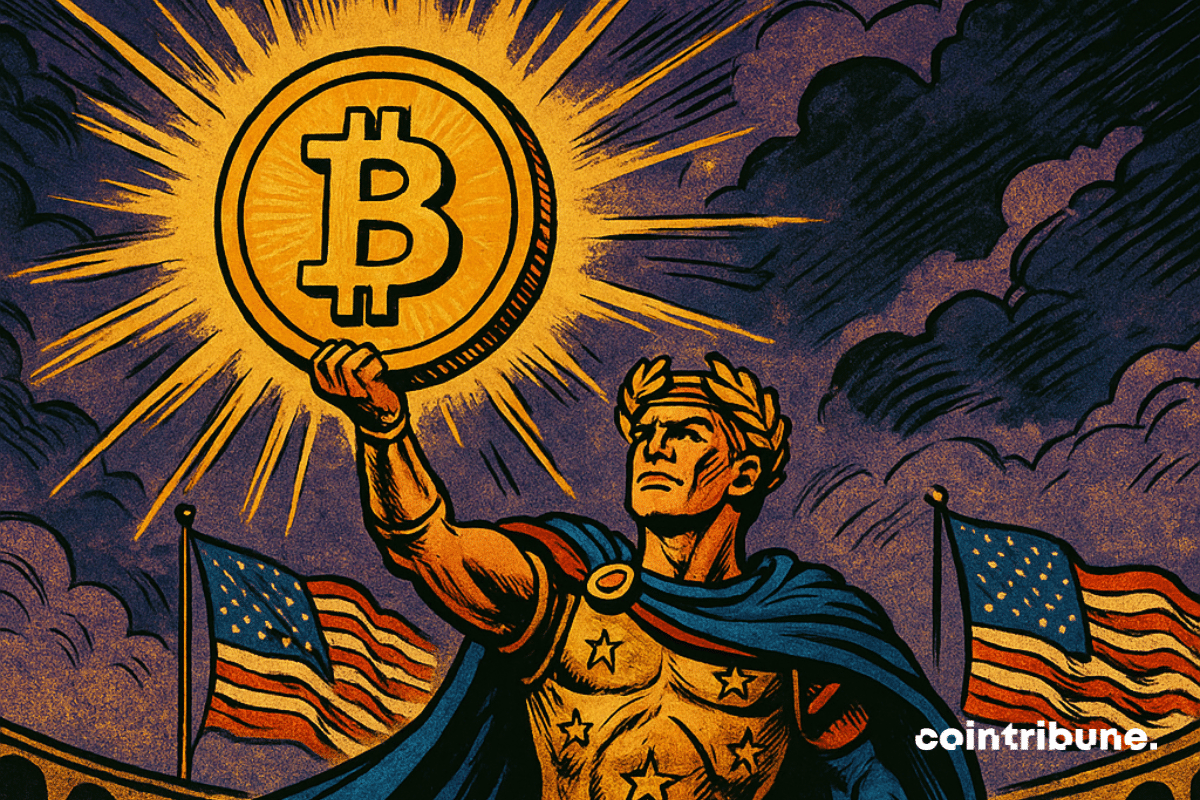Polkadot wants to trade its tokens for bitcoin in the midst of a cryptocurrency storm. A bold maneuver that shakes purists... and makes lurking maximalists smile.
Archive 2025
Cardano is launching a strategic offensive in the field of decentralized finance. Charles Hoskinson, its iconic founder, is proposing to invest 100 million dollars in ADA to boost the DeFi ecosystem of the blockchain. But will this ambitious initiative be enough to reposition Cardano against an increasingly aggressive and innovative competition?
The real estate credit market, long stagnant, is beginning a clear recovery. In two months, the demand for loans has almost doubled, driven by a decrease in rates and a reopening of bank lending. After two years of blockage due to the sharp rise in the cost of money, this turnaround was expected. However, is this improvement sustainable or just a simple catch-up effect? While April marks a turning point, the sector is questioning: are we witnessing the beginning of a cycle or a fragile pause?
As Israel bombs, Iran fumes, and the markets stir, the old wolves of Bitcoin are shopping. Panic among traders, calm among strategists…
As the crypto market desperately seeks direction, the U.S. Senate is set to lay the groundwork for a legal framework for stablecoins. The vote on June 17 could very well reshuffle the deck for both institutions and digital giants.
Ethereum is beginning to show signs of renewed strength after a quiet stretch. Over the past week, the digital asset has risen more than 3%, despite a brief pullback in the last 24 hours. That short-term dip hasn’t dampened interest. In fact, recent data shows Ethereum may be setting the stage for a more sustained upward move.
Donald Trump generated over 600 million dollars in 2024, with a major portion coming from the crypto universe. This figure, drawn from a financial disclosure document signed on June 13, confirms the president's strategic entrenchment in the crypto ecosystem. Between memecoins bearing his name and large-scale DeFi operations, Trump is no longer just observing the market: he is becoming a central player, with major financial and political stakes.
And what if the greatest store of value of tomorrow was no longer backed by a state, but coded into a protocol? In a world plagued by inflation and soaring sovereign debt, Bitcoin is increasingly establishing itself as a credible alternative to U.S. Treasury bonds. Hunter Horsley, CEO of Bitwise, argues that this transition is no longer a marginal theory, but a fundamental trend driven by growing adoption and disenchantment with traditional safe havens.
At a time when financial distrust spreads in a click, a TikTok video posted at the end of May has reignited fears of increased state control. It claims that starting from October 2025, any transfer of more than 800 euros between individuals would be blocked for 24 hours for tax verification. Within a few days, the rumor has caused unrest among thousands of French citizens. What does the regulation actually say? And why is this viral announcement completely unfounded?
The announcement fell like a stone in a pond: Trump Media and Technology Group (TMTG) has taken a decisive step. The Securities and Exchange Commission (SEC) has officially approved the registration of its financial agreement related to Bitcoin. This approval gives the company a free hand to integrate crypto into its cash strategy. And like its founder, the initiative is anything but timid.
